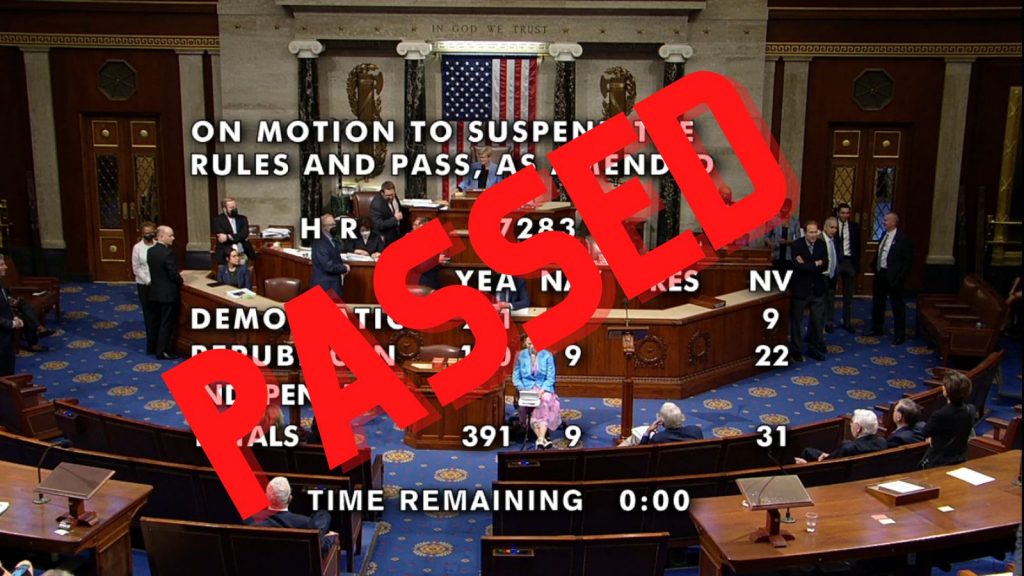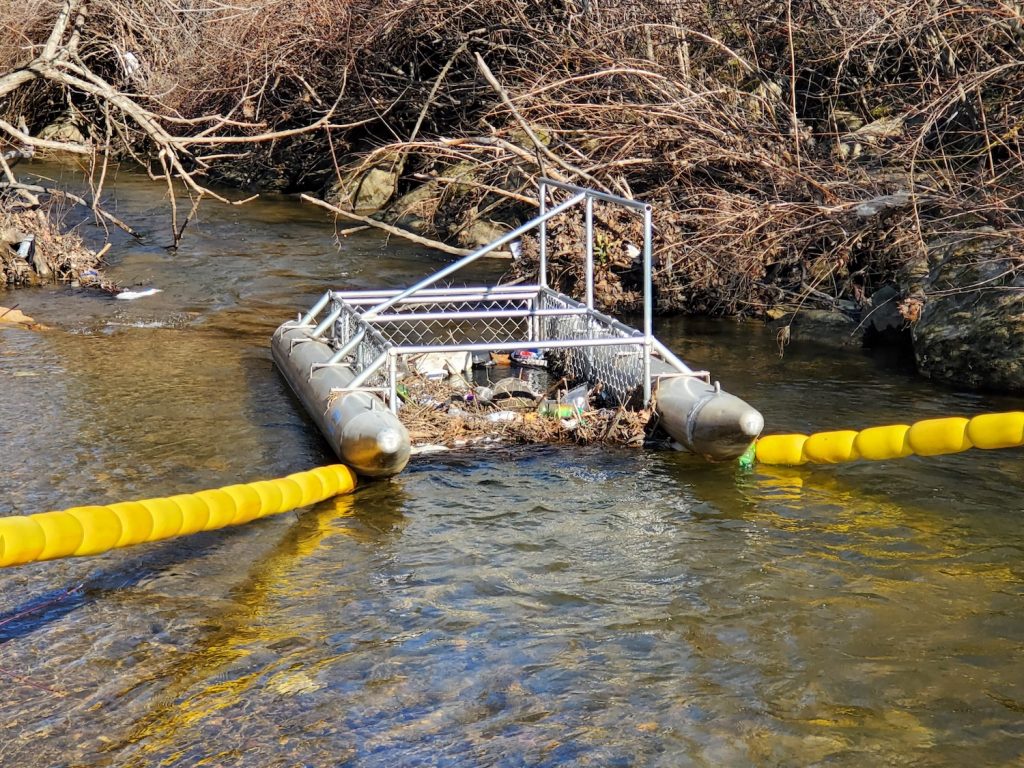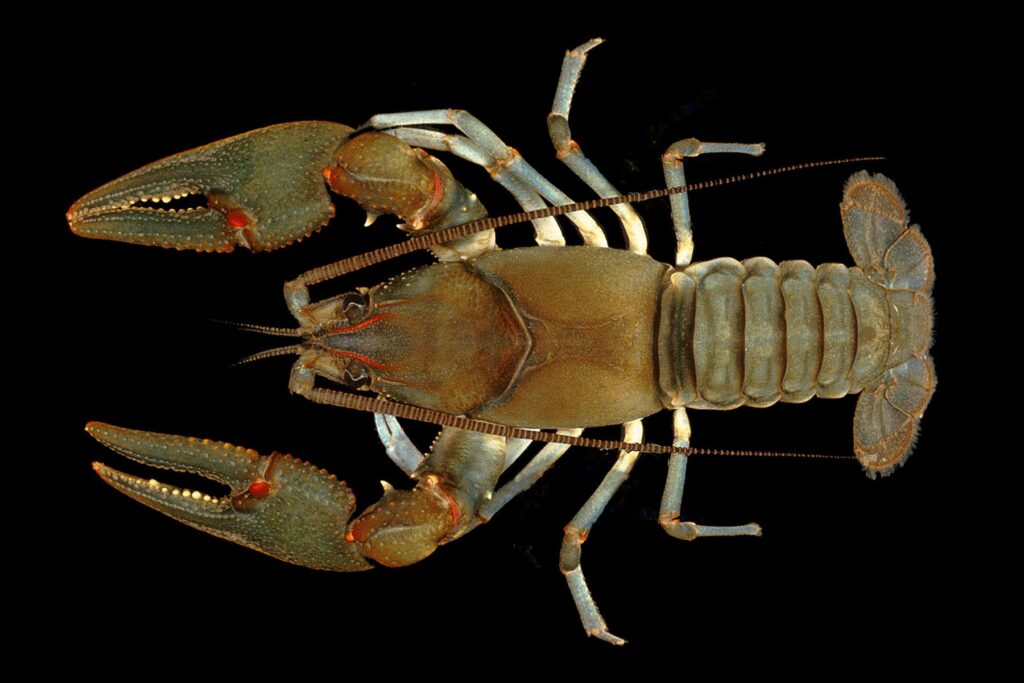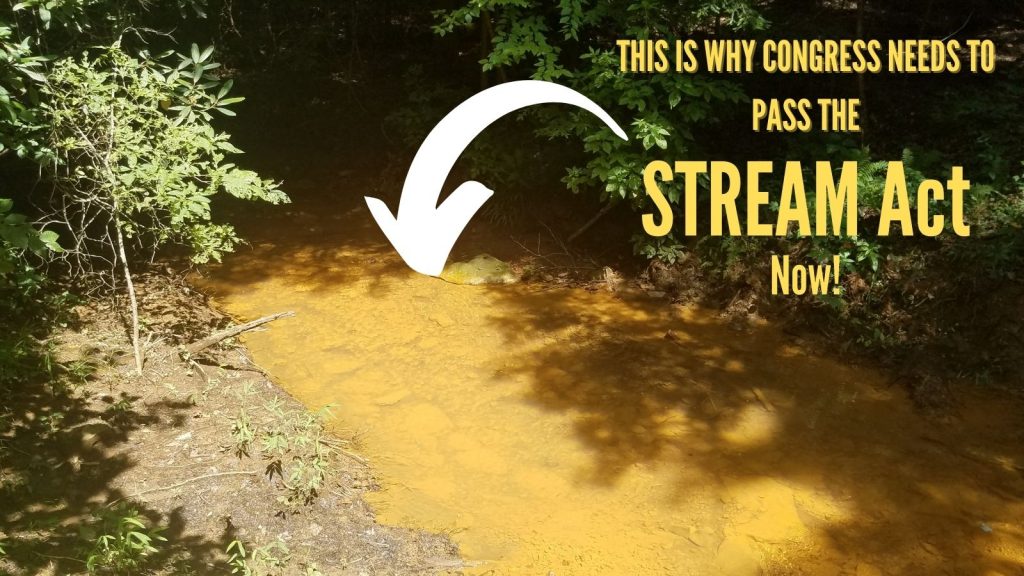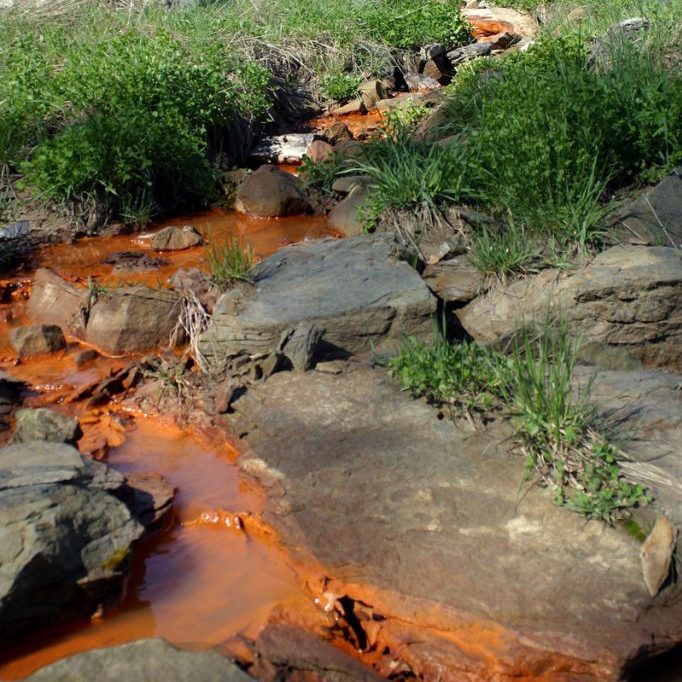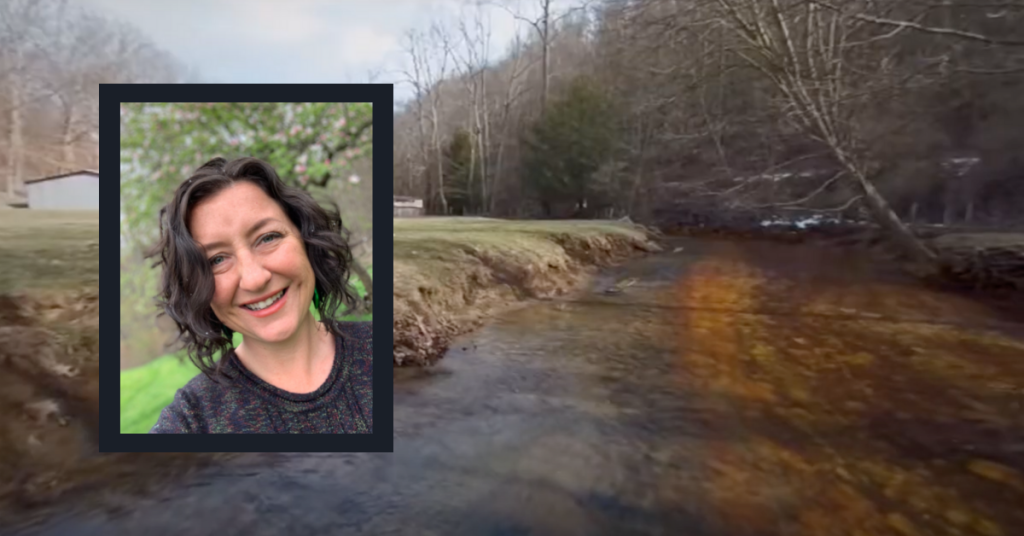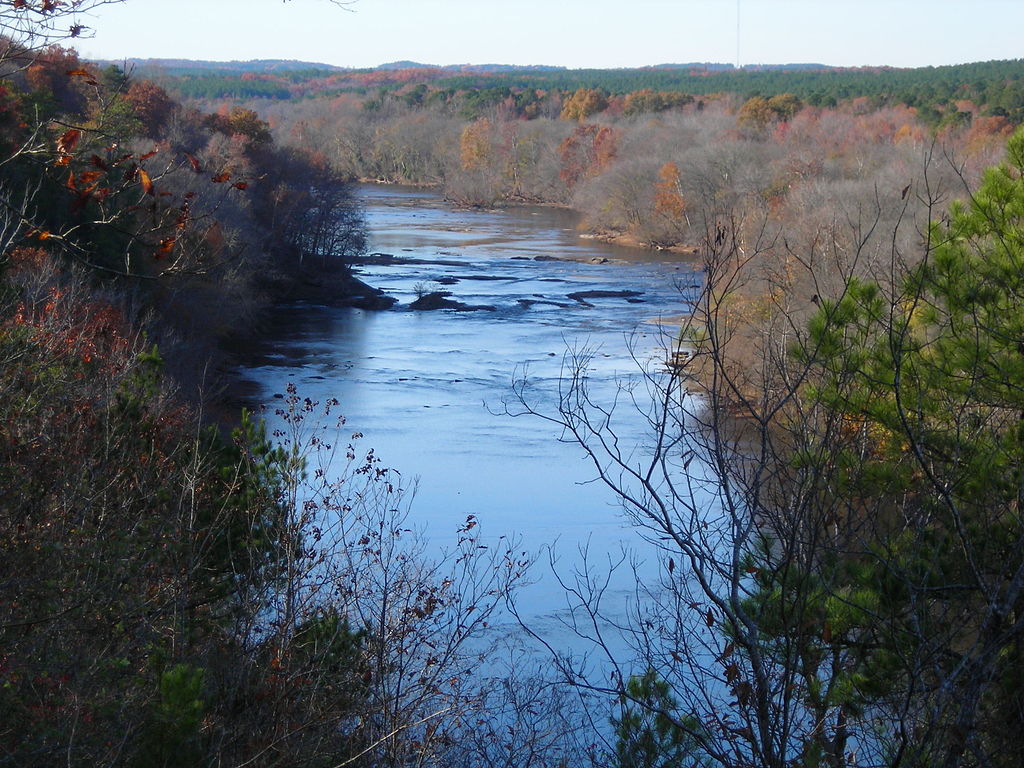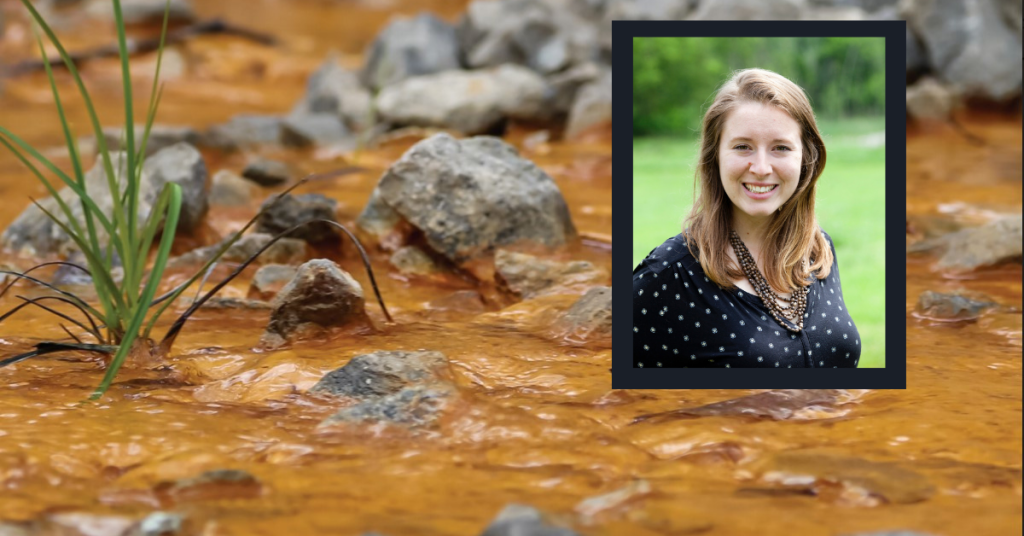Posts Tagged ‘Water Pollution’
Major progress for action to address acid mine drainage crisis as STREAM Act passes House with strong bipartisan support
FOR IMMEDIATE RELEASE July 27, 2022 Contact: Trey Pollard, trey@pollardcommunications.com, 202-904-9187 COAL COUNTRY — Today, advocates for abandoned mine clean up and clean water across the country celebrated as the U.S. House passed the Safeguarding Treatment for the Restoration of Ecosystems from Abandoned Mines (STREAM) Act — bipartisan legislation that would guarantee that major new…
Read MoreTrash Trouts are Collecting Litter and Data on Waterway Pollution
These floating devices use a catch-and-release system to trap trash in small tributaries before it reaches main rivers and help gather information on microplastics in waterways.
Read MoreHundreds of Miles of Streams Designated as Critical Habitat for At-risk Crawfish
To protect the threatened Big Sandy crayfish and the endangered Guyandotte River crayfish, the U.S. Fish and Wildlife Service formally designated 446 miles of Appalachian streams and rivers as critical habitat.
Read More34 community organizations endorse new bipartisan House & Senate bills to address acid mine drainage crisis
CONTACT: Trey Pollard, 202-904-9187, trey@pollardcommunications.com APPALACHIA — Today, advocates and organizations from coal-impacted communities announced their support for the Safeguarding Treatment for the Restoration of Ecosystems from Abandoned Mines (STREAM) Act – new bipartisan legislation that would guarantee that major new investments in abandoned mine land clean up can be directed to address the acid…
Read MoreCongress: Now is the moment to clean up acid mine drainage
Congress can clean up orange water by removing red tape. Join the efforts of community leaders across the country and tell Congress to let states use their infrastructure funding for acid mine drainage treatment!
Read MoreRestoring waters damaged by acid mine drainage: A conversation with Amanda Pitzer
Amanda Pitzer with Friends of the Cheat discusses the specific impacts of acid mine drainage on the Cheat River, analyzes abandoned mine lands funding pending before Congress and charts a path for future success in collaboration with state and federal decision-makers.
Read MorePotential Federal Action Would Address Common and Harmful “Forever Chemicals”
Congress and the U.S. Environmental Protection Agency could soon take steps to protect communities from an incredibly common but little-known family of man-made chemicals that have been accumulating in waterways and in people’s blood for decades.
Read MoreConfronting acid mine drainage: A conversation with Rural Action’s Marissa Lautzenheiser
In this conversation, Marissa Lautzenheiser of Rural Action lays out the basics of the acid mine drainage challenge, discusses the unique funding needs for AMD clean-up, and talks about some of the innovative work Rural Action is doing to tackle this problem.
Read MoreKentucky Seeks Input on Bacteria in Streams
The Kentucky Division of Water is accepting public comments through Sept. 3 on their draft plan to address high levels of harmful bacteria in the Licking River and Salt River basins.
Read MoreNational Academies of Sciences to study impacts of potential industrial gold mining in Virginia
CONTACT: Chad Oba, Friends of Buckingham, chado108@icloud.com, 434-806-6332 Jessica Sims, Appalachian Voices, jessica@appvoices.org, 804-356-1228 Stephanie Rinaldi, Friends of Buckingham, rinaldis10@gmail.com, 402-290-6149 Buckingham, VA – Groups from around the state expressed optimism today that the National Academies of Sciences, Engineering, and Medicine (NAS) has agreed to study the potential impacts of industrial gold mining on water…
Read More
